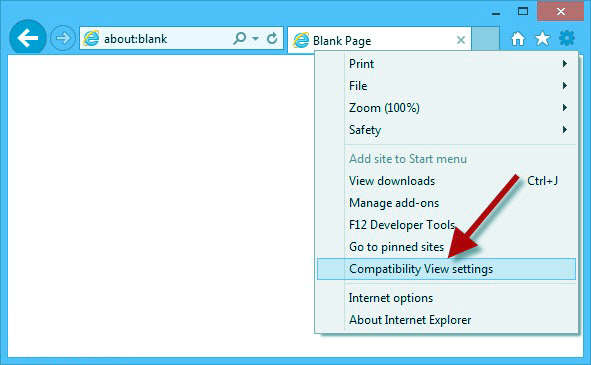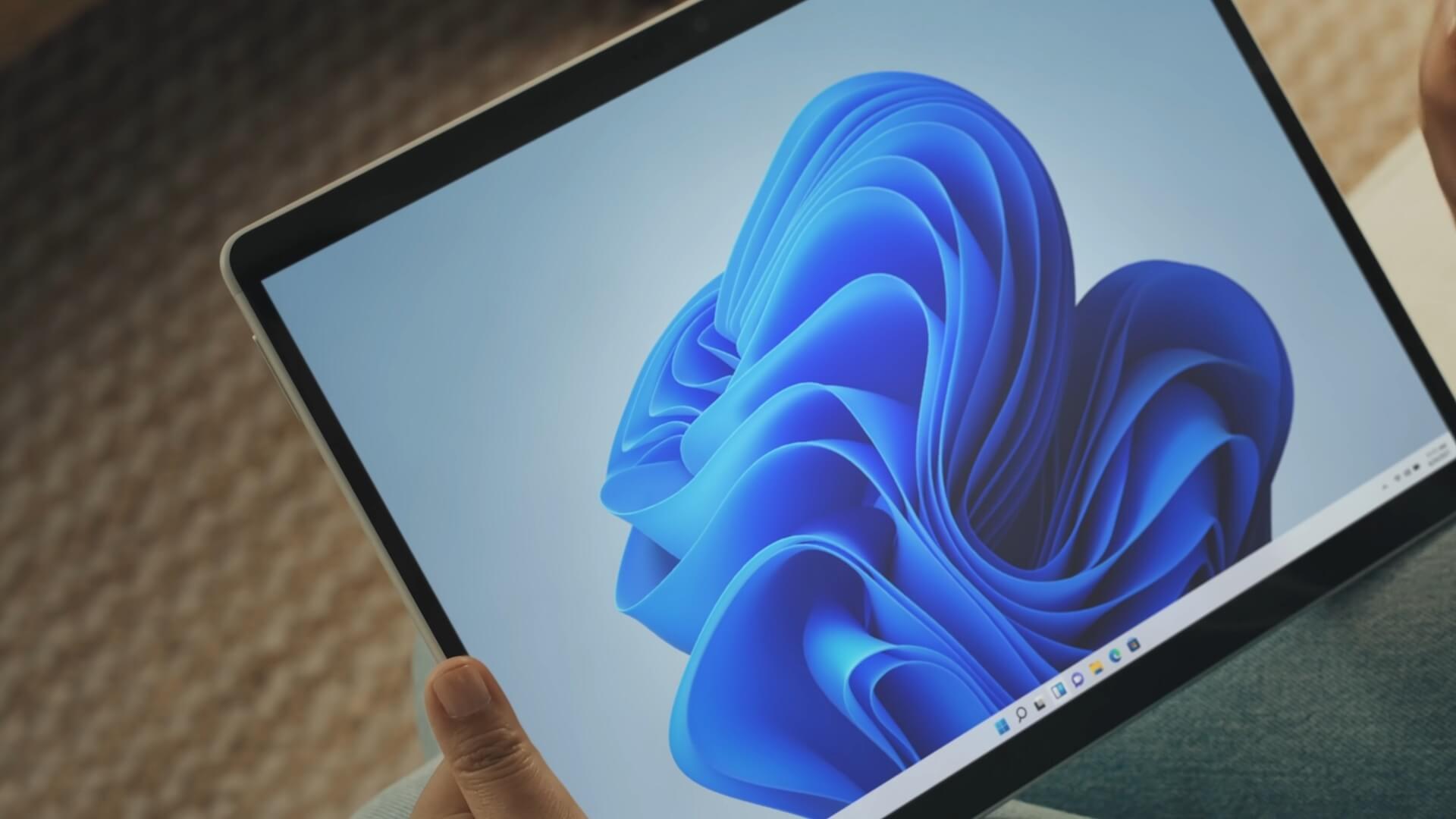You can upgrade to Windows 11 from your current Windows 10 via the in-built "Windows Update"-"Check for Updates" on/after the official release date Oct 5th, 2021. Before Oct 5th,you could join the Windows Insider Program to try the beta version and better to use a test computer rather than your primary device in case of any bugs. How to upgrade to Windows 11 using Windows 11 Installation Assistant? There are many options to install Windows 11 wherein using Windows 11 Installation Assistant will be a fast and easy method. You can go to Microsoft official website to download Windows 11 Installation Assistant and get upgraded to Win 11 directly from that tool.
However, only if your current PC system were compatible with Win 11 requirements can you use Windows 11 Installation Assistant to install Windows. Therefore, Before installing, please download Can I Run Win 11 to confirm your device meets the minimum system requirements for Windows 11. No, upgrading through Microsoft will keep your apps and files in place. During the Windows 11 setup, you could choose to "Keep your personal files and apps" However, in case there might be some unknown issues, you should make a backup of all your data and files. My computer hardware is very old, can I update to Windows 11?
You could download a Driver Booster to ensure you have all the drivers updated for Windows 11. Can I go back to Windows 10 after installing Windows 11? What you could do is open "Settings" and select the 'Recovery' option, you will see a 'Previous version of Windows' section. In some cases, PCs that are capable of running TPM 2.0 are not set up to do so.
If you are considering upgrading to Windows 11, check to ensure TPM 2.0 is enabled on your device. Refer to the following steps or visit Enable TPM 2.0 on your PC. Microsoft has set the minimum system requirements for installing Windows 11 on a PC. If your device does not meet these requirements, you may not be able to install Windows 11 on your device and need to purchase a new PC.
If you are unsure whether your PC meets these requirements, you can use Can I Run Win 11 to check compatibility. In addition to increased reliability, the supported processors increase security capabilities at the chip level. These processors provide virtualization extensions and virtualization performance improvements. Windows 11 supports virtualization-based security which enables several security capabilities, including memory integrity, also known as hypervisor-protected code integrity . HVCI disables dynamic code injection into the Windows kernel.
HVCI also provides driver control and ensures that all drivers loaded meet a policy of allowed drivers set by Microsoft and the user. The United States Department of Defense requires virtualization-based security on Windows 10 for their devices. In partnership with our OEM and silicon partners, we will be enabling VBS and HVCI on most new PCs over this next year. And we will continue to seek opportunities to expand VBS across more systems over time. Windows 11 has higher technical requirements than Windows 10, is possible to install Windows 11 on devices that don't meet the minimum requirements.
Upgrading unsupported hardware to Windows 11 will require you to install the update manually using an ISO. There is a different set of minimum minimum requirements your PC will have to meet including 4GB of RAM, 64GB of storage space, and two-core 64-bit 1 GHz processor. Windows 11 continues our strong commitment to compatibility. This means that devices can upgrade to Windows 11 and critical apps and devices will simply work. Raising the Windows 11 minimum system requirements enables us to better support apps and hardware for drivers and devices.
Feedback also shows us that unsupported hardware is more likely to have older drivers that are incompatible with new OS features such as VBS. Supported hardware also comes with modern drivers, which helps ensure not only the reliability we mentioned earlier, but also great hardware compatibility. The new Windows 11 is here and it surely comes with a host of interesting features. The latest operating system from Microsoft brings you new visual changes, compatibility with Android, interesting gaming-related features, and more.
The company has also revealed that a vast majority of PC or laptop available in the market will be compatible with Windows 11. The brand has also released a list of minimum requirements and processors that support the latest operating system. That being said, if you want to know whether your Windows 10-powered laptop or PC is compatible with Windows 11, there is a simple way to do it. In this article, we are going to show a step-by-step guide of how you can check for Windows 11 compatibility with your laptop or PC. To thoroughly check the hardware and software components of a computer, users can download the PC Health Check App from Microsoft. Initially launched to notify users whether their system supports Windows 11 or not, the application was taken down by Microsoft as it did not convey complete information.
After you complete the steps, repeat the instructions to back up the files on the remaining accounts . In addition to making a copy of your files, it's also recommended to create a list of the installed programs with their respective product keys to know what you need to reinstall in the new setup. If you usually do not sync passwords and bookmarks with an online service, this is a good time to export your browser credentials and links. For those who are using a PC that won't upgrade, and who aren't ready to transition to a new device, Windows 10 is the right choice. We will support Windows 10 through October 14, 2025 and we recently announced that the next feature update to Windows 10 is coming later this year.
Whatever you decide, we are committed to supporting you and offering choice in your computing journey. If you want to see the full Windows 11 minimum system requirements, you can visit this page. Following the results of our testing, we are making a small number of additions to the compatible processor list , but otherwise will maintain the minimum system requirements as originally set.
The program returns one of three possible windows after the compatibility check runs. I'm running Enterprise on my production PC and have flagged this as an error or problem with Microsoft via its Feedback Hub. For example, even though Windows 11 is available as a free optional update for Windows 10, the device must meet the new system requirements.
You need to ensure that the Trusted Platform Module and Secure Boot are enabled on the computer. You also need to make sure the device has enough space and there are no problems before continuing with the upgrade. Furthermore, you want to create a backup in the case you need to roll back, check the activation status, and create installation media. Windows 11 Upgrade Checker is one of the best tools on this list developed by the EaseUS company. One thing which I really like about this tool is that it has lots of advanced features with a clean user interface.
Apart from this, you also get every detail about the hardware like TPM is enabled or not, Disk Partition Type, Secure Boot, and many more. Some users also get confused with an update checker whereas it is an upgrade checker tool. Also, when you download this tool, you may have an app file named WhyNotWin11.exe and I think they purchased this tool from the previous owner & rebranded it as the new one. The PC Health Check tool is available for download as part of the company's Windows Insider program and it can now be installed to check whether your hardware and software will work with Windows 11.
Your device is officially supported for Windows 11 if it comes with newer processors, TPM 2.0 and Secure Boot. Once you complete the steps, the tool will download the files and create an installation media, which you can then use to upgrade a compatible computer to Windows 11. While trying to update to the latest version of Windows, many users had to face a compatibility error saying "This PC doesn't currently meet all the system requirements for Windows 11". This means that such computer doesn't satisfy the requirements necessary to complete the upgrade and support the new features, as listed in Windows 11 hardware specifications. Microsoft has released a PC Health Check tool that will check your PC's hardware for Windows 11 compatibility.
To check for Windows 11 compatibility, download and run the PC Health Check app, which will identify specific compatibility issues that prevent an upgrade. PCs purchased in 2016 or earlier are almost certain to be unsupported. Cnet listed out two available online tools users could use to check for Windows 11 compatibility. To clarify, these programs need to be downloaded and installed on the device so it can run a diagnostic program and check on its eligibility.
Each online tool has its own set of instructions for usage. Users can upgrade New OS version free using the Microsoft PC Health Check App Download. Users can download pc health check software free from the official website at Candidates can use the pc health check app to check Windows 11 Compatibility for your system. Candidates can check the complete details about Microsoft Windows 11 Upgrade Checker Tool, Minimum System Requirements For Windows 11 & Microsoft Health App Download from the below section.
The purpose of the PC Health Check app is to let users know if their PC will support Windows 11 or not. This includes checking various aspects of the computer, such as the processor type, TDM security standard, minimum RAM and storage requirement, among others. The most important thing here is the processor, which strictly needs to be in Microsoft's list of compatible processors. A lot of processors from Intel and AMD are not supported, so it is understandable if the PC Health Check app calls your PC incompatible.
Once you complete the steps, the package will download, and you can then use it to upgrade any computer that meets the minimum requirements. However, you will need an internet connection to proceed with the upgrade. If you have had the same installation for a long time, you might need to analyze and repair the current setup to fix missing or damaged files. Otherwise, during the upgrade process, the chances of running into issues will be high.
However, if you plan to proceed with a clean installation using a bootable USB flash drive, then you can't skip this suggestion since the previous installation will be erased during the process. After you complete the steps, the device should be able to boot from a USB installation media and pass the minimum system requirements check. Furthermore, if you plan to upgrade with a clean installation, you will also need to make sure the computer can start from a USB flash drive. Ashampoo Windows 11 Compatibility Check is one of the best tools to check Win 11 compatibility for any Computer PC or laptop. This tool is developed by Microsoft certified partner company Ashampoo. Using this tool you can easily analyze all your system hardware and tell whether you are eligible to install windows 11 on your PC.
Moreover, this app will check all the system requirements that are required like UEFI Firmware, Directx, TPM Security, Secure Boot, and many more. And the best part is that Ashampoo is a very well-known company serving in this field for over 21 years. PC Health Check App is the official tool developed by Microsoft to check if your PC is compatible with Windows 11 or not. Although the application was really great, just you have to run it and then click on Check now button. After that, it will start scanning your computer's hardware and tell if you are ready to go with Win 11.
But as most of the users started facing TPM 2.0 issues they shut it down. Also, no proper details were provided by this application as it only shows a message "This PC can run Windows 11" or not. You can use thePC Health Check appto determine if your device is eligible to upgrade to Windows 11. Many PCs that are less than four years old will be able to upgrade to Windows 11. They must be running the most current version of Windows 10 and meet the minimum hardware requirements. Either of these tools can provide you ample intelligence to determine if your PC is ready for Windows 11, with one caveat.
Older PCs whose CPUs qualify under the processor requirement may include hardware-based TPM chips of version 1.3 or older . These CPUs can emulate TPM 2.0, so what looks like a failure to meet Windows 11 requirements at the hardware level can be offset in software. I will explain further in the section on the Windows 11 Compatibility Check script below. That is why all PCs currently running Windows 10 won't be receiving the Windows 11 upgrade. You can grab more information regarding the subject from our Windows 11 Upgrade FAQ guide.
In this article, we have talked about a specific application that Microsoft has recently introduced automatically to our devices so users can quickly check their device's upgrade status. There is no need to get into the verification process manually now that you have the PC Health Check application standing ready by your side. The second method to get the PC Health Check application on your system is to grab the tool online without updating the PC. You can use this direct link to begin the installation of the PC Health Check setup or head over to the Windows Insider Preview for the PC Health Check app. You will have to sign in with your account on this page, and the only way the download will be accessible to you is if you have already enrolled in the Windows Insider program.
Windows 11 will be provided as a free update to all eligible devices that are currently running Windows 10. Eligibility for automatic upgrade is based on certain minimum hardware requirements. The app is distributed online as an automated installer that can be easily downloaded and deployed on local storage by just following few simple on-screen instructions. Once installed, the PC Health Checker app can be run on any version of Windows 10. However, at the same time, folks at The Verge claimed the PC Health Check app suggested one of the gaming PCs with a 7th Gen Intel Core i7 processor is not compatible with Windows 11. This is contradictory because Windows 11 was running just fine on the PC.
Microsoft did say previously that it will not stop users from installing Windows 11 on older CPUs. However, it will not roll out Windows Updates to these machines. This includes security updates, as well, which means Microsoft will not be liable if your PC catches a security threat.
That is a big issue considering security updates are essential for a Windows machine to run. Microsoft has updated hardware requirements to make PCs more secure on Windows 11. So, before you install Windows 11, you'll first need to check to see if your PC's motherboard and processor are compatible with the new OS. Naturally, you'll need an internet connection to keep Windows 11 up-to-date and to download and use some features. After carefully analyzing the first generation of AMD Zen processors in partnership with AMD, together we concluded that there are no additions to the supported CPU list.
We will be updating the PC Health Check app to identify the correct systems with the newly added Intel CPUs in the coming weeks before the tool is released for general availability. Microsoft stands firm on hardware requirements and it looks like older processors won't be officially supported, but loopholes will allow users to install Windows 11 on any device. Microsoft has created a PC Health Check tool that determines whether or not a computer is compatible with the Windows 11 operating system. You may download the utility by the link provided below, and then run it to complete the installation process. Microsoft states that the data will only be utilized for the app and will not be kept or shared with anyone else. According to TechRadar, users should just download the app and load it.
Halfway through the process, the app would display a long list of technical jargon. The current Windows security might also alert users twice when attempting to download and load the app. This should quickly scan software data and provide users with an accurate answer. If your PC sits more towards those minimum specifications, you'll get a lesser feature set and performance bump. You will get the benefit of longer rolling security updates, but it may be worth sticking with Windows 10 through the rest of your PC's service life before upgrading to a new PC. That new PC will almost inevitably come with Windows 11 pre-installed and fully supported anyway.
After you click on "Check now," the system will take a minute to analyze the device's specifications and load up the results. The next screen you'll see on the window will show you your results. The application will clearly state whether your PC is eligible for the upgrade or not.





























No comments:
Post a Comment
Note: Only a member of this blog may post a comment.